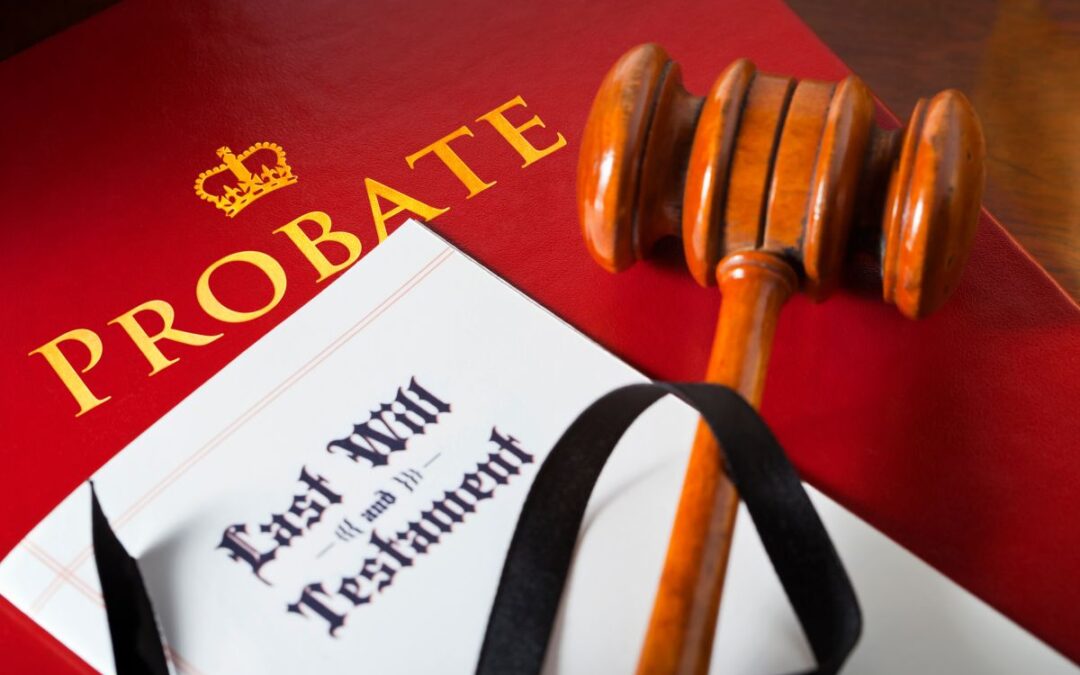What is a grant of probate?
A grant of probate is a legal document issued by the Supreme Court that validates a recently deceased person’s Will. The document certifies that the testator (the person who made the Will) has passed away and created a valid Will. It also authorises the named executor/s to distribute the deceased’s estate in accordance with the terms of the Will.
How do I file a grant of probate application?
Following the death of the testator, the named executor/s must apply for grant of probate with the Supreme Court. The application must contain supporting documentation to assist the Court in validating the Will. These documents include:
- The deceased’s original Will
- Any codicils (formal alterations to the original Will)
- The testator’s death certificate.
The application must also provide a summary of the deceased’s assets, liabilities, any other named executors, and a list of the beneficiaries to the Will.
Once granted, the executor/s to the Will can settle outstanding debts, compile the deceased’s assets and distribute the estate to beneficiaries.
A grant of probate application must be filed within 6 months of the testator’s death. If the application is filed beyond this deadline, there must be a reasonable explanation for the delay.
Can I contest a grant of probate?
Yes, a grant of probate can be contested before the Supreme Court grants probate to the executor. A grant of probate can be contested by lodging a probate caveat.
A probate caveat notifies the Supreme Court that the probate application is being contested. The caveat will prevent the Court from granting probate until the person contesting the grant (caveator) has demonstrated their interest in the estate.
In NSW, the rules surrounding caveats are found under division 10 of the Supreme Court Rules 1970. The rules permit any person with an interest in the estate to “file a caveat in respect of any grant of probate or administration.”
For a probate caveat to be successful, it must challenge the validity of the Will. The decision of Vea v Katalinic [2020] NSWSC 805 concludes that for a probate caveat to be successful, it must present the Court with circumstances that warrant investigation.
Scenarios that may warrant an investigation include:
- Whether the deceased lacked testamentary capacity.
- Whether the deceased was subject to undue influence or duress when creating the Will.
- If the Will has not complied with legal requirements and is unclear in its interpretation.
- If forgery or other fraudulent behavior was involved in the creation of the Will.
What if a probate caveat is successful?
If the Supreme Court determines the Will is invalid, the Court will give directions to adjust the Will for a just determination of proceedings, or authorise for the probate to be granted in solemn form.
As opposed to common form, where the grant of probate is authorised by a registrar, a grant of probate in solemn form is authorised by a judge in a formal court proceeding. This opens the matter to litigation and requires the caveator to file a statement of claim to initiate the proceedings.
What if probate has already been granted?
If probate has already been granted, it is still possible to file a family provision claim against the Will within 12 months of the death of the deceased. A family provision claim offers eligible persons the opportunity to contest a Will if they believe they have been left out of the Will or deserve a higher provision of the estate.
To learn more, please refer to our free Guide to Family Provision Claims or read an interview with our principal Paul Etherington about the intricacies of inheritance disputes.
Contact Us
If you are planning on contesting a Will or a Grant of Probate, we recommend seeking professional advice. If you would like to discuss a probate matter with an experienced Wills & Estates Lawyer in North Sydney, please contact us on (02) 9963 9800 or via our online contact form.

